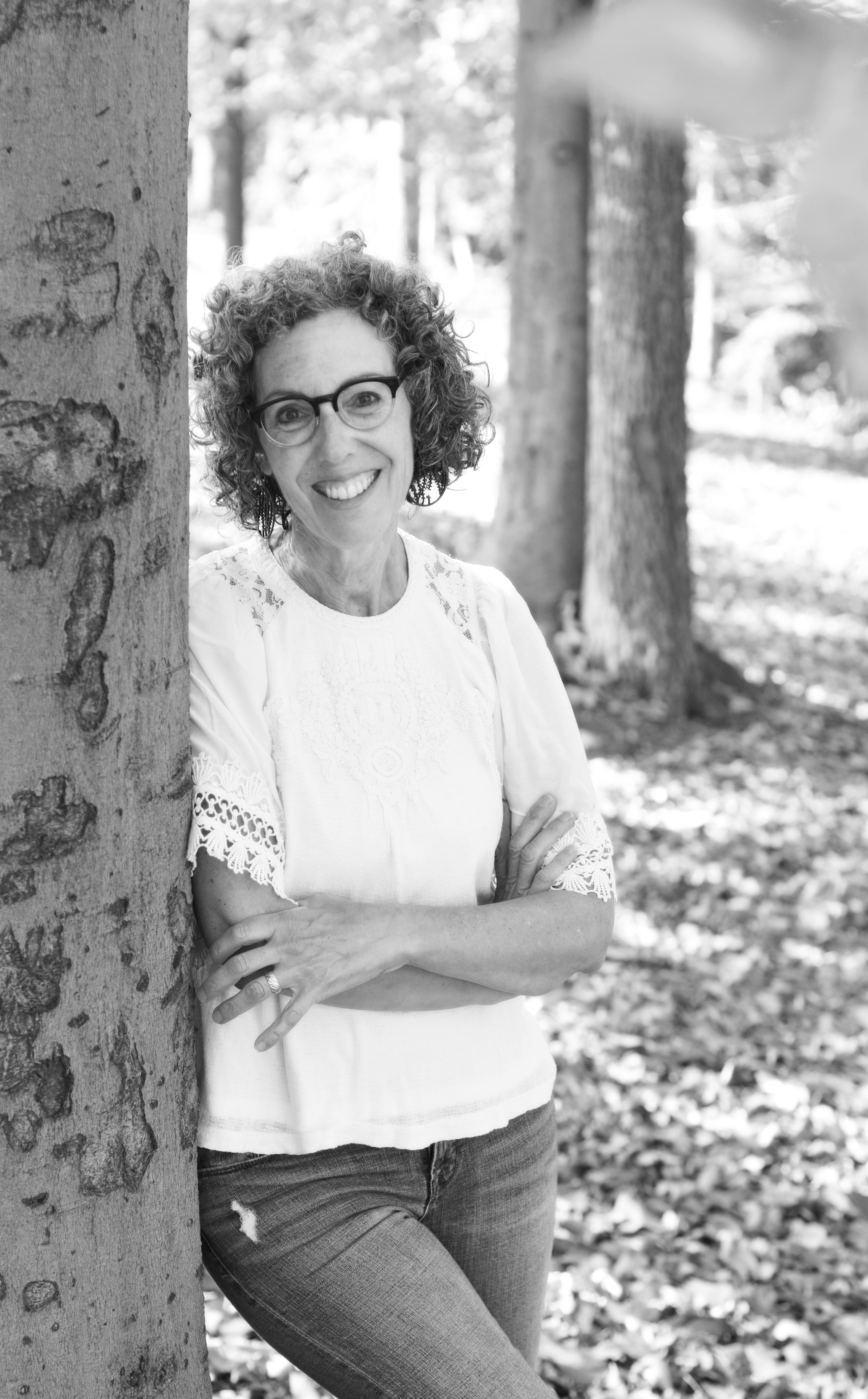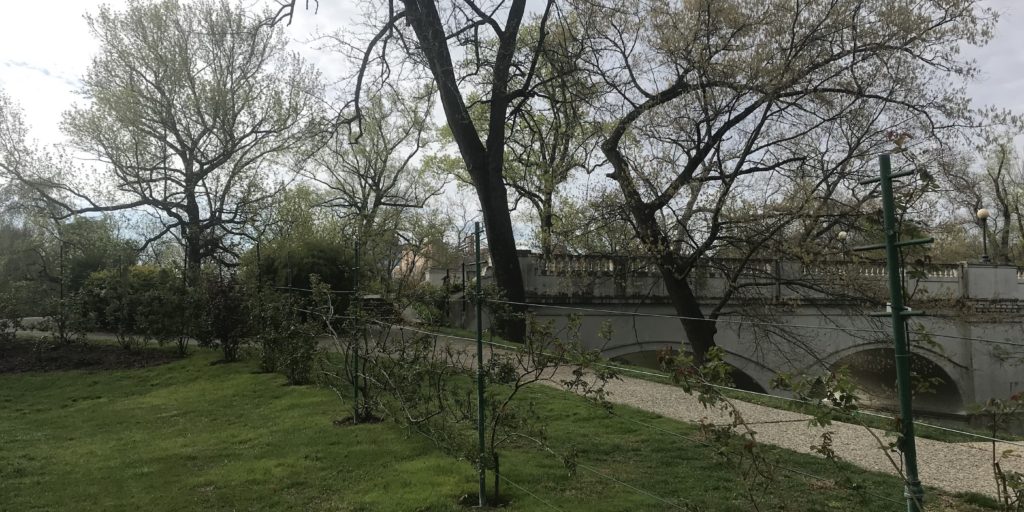This article was written more than a year ago, but contains timely thoughts for this season.
I entered the screened in back porch by way of my kitchen door. Balancing my coffee cup, I sat on the love seat, a pillow cushioning my back from the harsh wicker frame. Wrapped in a fluffy, gray blanket that covered most, but not all, of my body, I tucked my feet beneath me in an effort to ward off the early morning’s chill.
I owned this time of day.
Nearly three years ago I decided to give myself fifteen minutes each morning as essential moments of contemplation—just me, alone, and often in the dark. I knew the value of this time for settling myself, for gaining insight, and for simply being still. My dad had recently died, and time to process what his loss meant to me was not just important, but essential. I wondered how I would continue without his encouragement, his laughter, his stories. Without the sound of his voice. No matter what was on my daily agenda, there was no compromising those fifteen minutes.
I greeted the day with some variation of the following: “Good morning, Jesus. Good morning, Holy Spirit. Good morning, God. Good morning, Trinity.” Some mornings I said nothing at all, because to be honest, there were mornings when I didn’t know what I believed. I began to question truths that I had long taken for granted. Out here, with no one watching, I was allowed to do that.
Lifting the chunky coffee mug to my lips, I sipped from its warmth, allowing the cup to rest on my lower lip as I slowly swallowed. I savored each sip, warming my hands in the process. I breathed in through my nose 1, 2, 3, then held it 1, 2, 3, 4, before releasing the air through my lips, emptying my lungs and soul of anything old and used up 1, 2, 3, 4, 5. I let go of sadness, confusion, and uncertainty, with a slim hope of the void being filled with something better.
I came to the porch with no particular agenda. Instead, I waited for what rose up. Without the competing interests of sight, I simply listened. Sometimes it was the birds’ arrival that captured my attention, some boisterously, others cautiously. It was then that I would close my eyes intent on capturing five distinct sounds: the chirping cardinal, the chattering chickadee, the hammering woodpecker, the whirring wren, and the melodic song sparrow. Sometimes the rustling of feathers and the sudden stillness alerted me that a red-tailed hawk was in the area. Even silence had a sound.
I allowed my eyes to adjust to the darkness that preceded the early morning light. Gradually, day’s beginning showed itself by painting the sky with a pink horizontal streak, then golden yellow, and eventually with no visible difference between morning and night. It was all one hue. The outline of maples, pin oaks, and tulip poplars came into view, their branches like skeletons, strong and capable.
Often when concerns arose, my first instinct was to bury them. But on the porch, I didn’t chase them away. I entertained them, even, though I didn’t enjoy their company. I sat with them without trying to manage them. I waited for the voice that spoke to my worries with peace, with timely suggestions, and sometimes with silence. Pausing was doing something.
My home was near Interstate 495 which bought sounds of speeding cars and trucks, and trains that clanked and whistled alongside the roadway. I wondered at the travelers, at who they were and where they were going, of who was awaiting them, or who was wishing them away. The roaring engines of passenger jets arriving to or departing from Philadelphia International Airport contrasted with my quiet time, but did not interfere with it. Every sound was welcomed.
I brought myself back to my own meditation. When I taught school, I would think of my students, particularly those who were struggling emotionally or academically. When my mother was sick, I would consider my upcoming drive to visit her in New Jersey. I thought of my dog, Roger, who was still inside sleeping, wondering if he would be up to his scheduled therapy visit at a local school. I questioned my motivation in remaining a therapy team, and considered retiring him from his work now that he was 13 years old—an advanced age for a Golden Retriever. But he continued to pull hard on his leash upon arrival, anxious to greet the students, the teachers, the staff. He loved his interaction with people and often leaned in for hugs. He still brought joy and received it in return. I’d been told that I’d know when it’s time to stop. I’m not convinced that’s true.
On particularly hazy mornings, the fog horns sounded on the Delaware River, which was less than a mile away, as the crow flies. Deep, baritone, long-held alerts. I imagined myself in a movie, with smokey air filling the room as I sat alone in a restaurant, waiting for a loved one who was delayed by the fog. One stormy day I tried to record the sounds so that I could listen to them again later, but the rain pounding on the roof drowned them out. Some things were only valuable at the moment they were happening.
My coffee was nearly finished, but I don’t want to abandon my peaceful position to refill my cup. I was aware that when I left the porch, expectations began. Time would stop belonging to me, and I would be required to participate in life again. As though in response to my thoughts, the church bells began to ring as they did each day at 6:50 a.m. Of all the sounds, these were my favorite. Ding, ding, ding. Pause. Ding, ding, ding. Pause. Ding, ding, ding. Pause. Ding, ding, ding, ding, ding, ding, ding, ding, ding. Stop. Consistent. Dependable. They were an invitation to something bigger than myself. They were a call to gather. For some, it was a call to church. For others, to work or school. For more, to rise from slumber. To me the tolling bells were a reminder that I was a part of something more. That what I heard, others also heard. Morning’s beginning was for many, and that reality assured me of one important thing: I was not alone.

